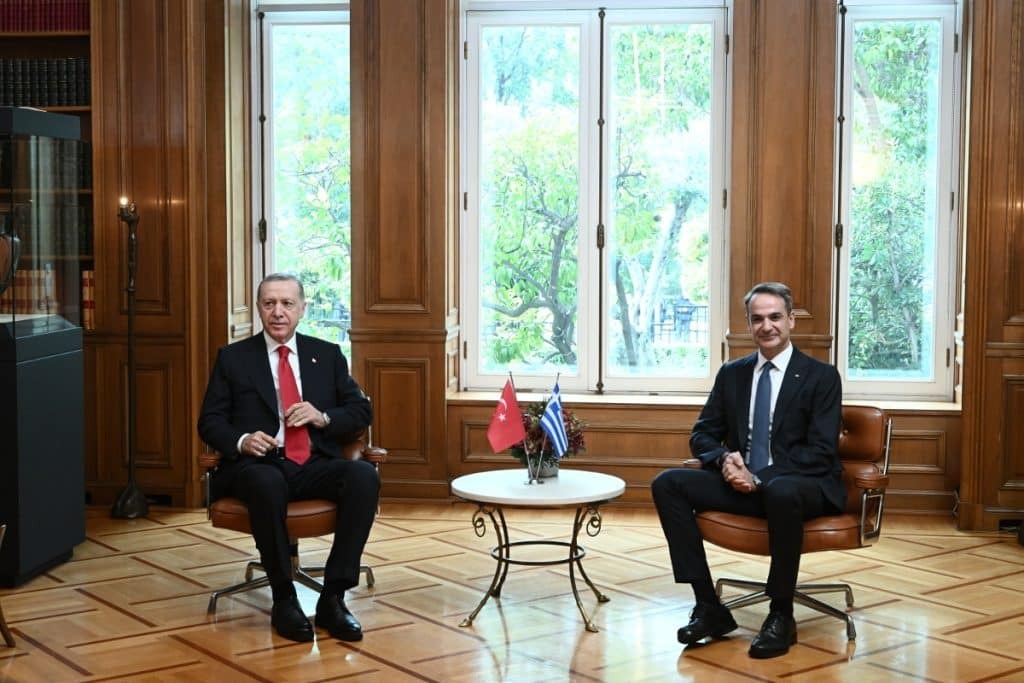Warning to Albo: Go big or risk majority
Written by admin on May 13, 2024
Respected pollster and former Labor strategist Kos Samaras has warned the federal government that without a bold and aspirational policy vision in Tuesday’s budget, an additional one million voters could ditch the major parties and shift to minors or independents.
Mr Samaras delivered the stark warning during the ABC’s pre-budget Q&A panel on Monday night, arguing Australians were “dying for hope” after being were battered by bushfires, Covid and inflation.
“They’re wanting to see vision from their politicians and at the moment they’re not seeing that,” he said.
“The level of despondency out there in the electorate is big and I think unless something drastic happens tomorrow (in the budget) we will see a continuation of that mindset in the electorate.
“I think that what happened in 2022 will repeat itself again in 2025.
“The minor party vote, or people who didn’t vote for the majors, exceeded five million at the last election.
“I expect it to be closer to six million this time around unless something changes.
“At the moment, the major parties are offering a version of politics that lived in 2019 and Australians are not there anymore.
“They’re wanting to see the future and at the moment the major parties are not offering that at all.”
The panel — made up of Mr Samaras, Independent MP Allegra Spender, Senator David Pocock, NSW Liberal Matt Kean and finance guru Janine Perrett — were asked whether Labor had become “Labor-lite” without any grand vision for the nation’s future.
Mr Pocock said the government was “managing expectation, rather than aspiration”.
“It (the budget) is also about who we want to be as a country,” he said.
“What do we want young people to be thinking about their future? Do we want to saddle students with debt? Do we want placement poverty for students? Do we want three million Australians living below the poverty line?
“These are questions I think a lot of people are asking and what I see from Labor, and I think the major parties, is sort of tinkering, tinkering around the edges when we all know that we are facing serious challenges.”
Ms Perrett cautioned that grand narratives belonged in election campaigns rather than budgets and the government’s slim majority, which sits at 78 seats, narrowed their room to move.
“Everybody here as a wishlist for the big, bold vision but I’m not sure the budget document is where you do it,” she said.
“I think that’s where when you are elected you give your vision.”
‘We’re not going anywhere’
Audience member Dillon asked the panel about the Cumberland City Council ban of a book on same-sex relationships from the public library.
Dillon said he was in a same-sex relationship and said he and his partner were thinking about starting a family.
“What can be done at a state or national level to stop this attempt at book-burning by the far-right and protect my right to safety, inclusion and respect at a local council level?” he asked.
The panel expressed shock and dissatisfaction with the Western Sydney council’s ban.
Ms Perrett said state governments should exercise their power to punish local councils if they pursue the kind of policies proposed by Cumberland.
“I commend (NSW) Premier Chris Minns for finding out if they get any public funding then it should be withdrawn.
“They should use the levers of government to say if you want a private library, you can do what you want, but we’re not talking hard core porn here, so I think this is something where government should step in.”
Mr Kean said he opposed a book ban, but added parents should also have some control over when and how their children accessed sensitive material on sexual and gender identity.
“I thought it was pretty appalling that you would be looking to ban books in a public library,” he said.
“But that said, I think that it trivialises a broader debate that is happening around children who lack the maturity or understanding around some very sensitive issues.
“I also think parents should be able to have a say in what their children and when their children are exposed to sensitive material.”
Dillon ended the discussion by telling the program that LGBT Australians were “not going anywhere”.







